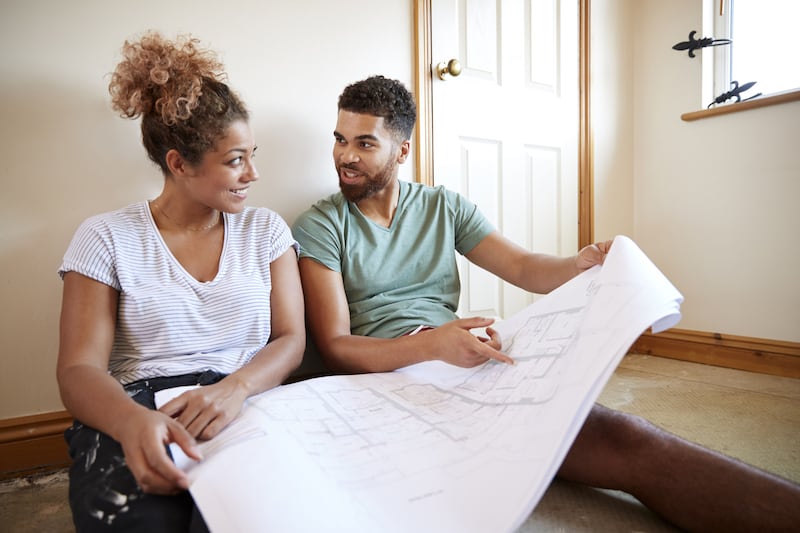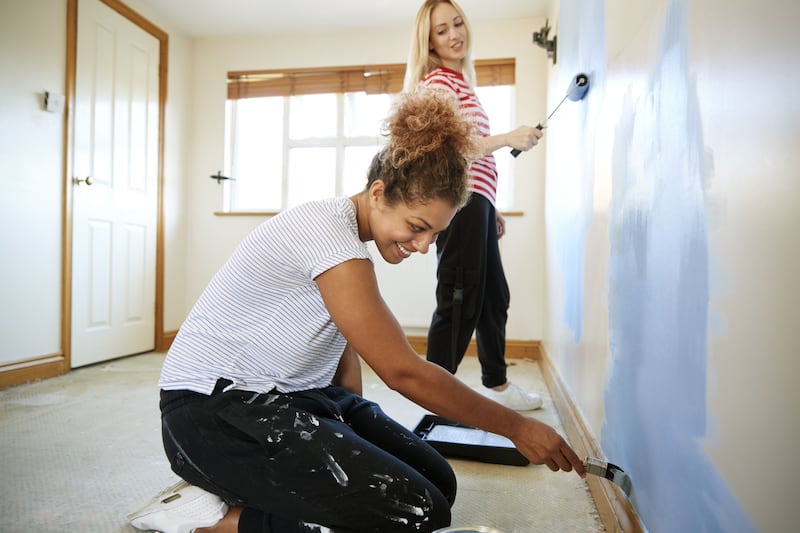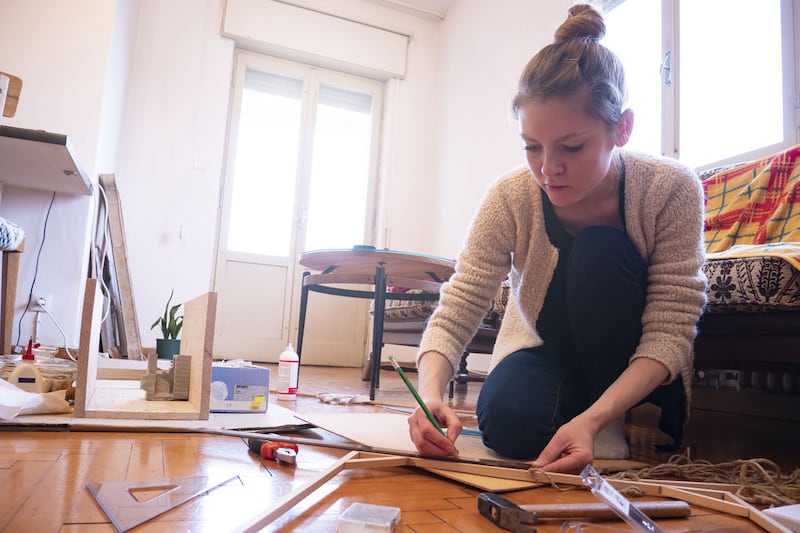Renovating a ‘fixer-upper’ home can be an exciting and financially rewarding experience - and it seems many people have been having a go.
Estate agents Hamptons recently found that ‘flipping’ – where a home is sold twice within 12 months – had reached its highest levels since 2008.
Tempted to give it a go? Remember, while there are no guarantees of returns when fixing up a home to sell, there may be ways to minimise the risk and cost.
Here are some tips from Sam Mitchell, CEO of online estate agent, Strike.co.uk…
1. CALCULATE THE COST
First things first, you’ll need to work out the numbers. This is vital because it’s the way you’ll know if this is a sensible investment. The sums behind flipping are relatively simple. Just like any other business, your profit is what you’ll pocket after all of your expenses. For a property, expenses include the initial property price and additional costs – that’s material, as well as professional labour. You’ve also got to account for any fees associated with buying and selling.
The tricky part is often calculating the costs accurately. If you’ve got experience and the necessary skills to do any renovation work yourself, you can come up with reasonably realistic costs. If not, you’ll need to do your homework. Finally, there’s the cushion. Once you’ve got your cost estimate, consider adding 10 per cent for unexpected bills and try to stick to the budget as strictly as you can.
2. PICK YOUR PROPERTY CAREFULLY
Make sure you choose a property with not only the right potential or a good location, but that you can renovate in good time and on budget. It definitely helps to buy in areas you may know well. Good infrastructure, transport links and local schools are also key factors to consider.
If you aren’t familiar with the area, speak to your estate agent for advice on what buyers in the area want. Take a look at the going rate for similar properties, to understand what your fixer-upper could be worth once complete.
When you have a clear idea of the type of property and the location, set up alerts for new listings on property websites. That way you’ll be notified when the perfect property is listed, or if a price has fallen.
3. UNDERSTAND YOUR POTENTIAL BUYERS
Buyers’ needs and demands have been changing during the pandemic. Before flipping the property you have purchased, think about who you want to sell to and what they’re likely to be looking for. For example, are they looking for a family home with lots of bedrooms? Or is a home office a better way to show the space off? You’re never going to be able to please all buyers, but by prioritising two or three popular features, you can put your money where it will get you the most in return.
Recent research by Strike found that four in 10 home-movers now want a bigger garden or outdoor space, while a quarter say not having a home office has become a deal-breaker. So make your space count, as this is going to be a major selling point in 2021.
4. ADD MORE SQUARE FOOTAGE
If you have more time and money on hand, consider properties that can be extended. While it’s not the only way to make a profit, it is known to be one of the best ways to add value. Lots of pricing is based on square footage, so adding space can be a great investment.
Whether it is converting your attic into an extra bedroom, a side extension to create a light and bright kitchen leading onto the garden, or revamping your front porch into a reading room, these renovations can make a big difference to the value of your home.
If you do plan to extend the property, look into the required planning permission before putting your offer in. You might be one of the lucky ones, whose fixer-upper comes with permission already. But if not, speak to neighbours or the previous owners to work out if it’s going to be feasible.
There may be other ways to add value, for example if the property has a front garden but no parking, you could consider paving some of it off to create off-road space.
5. SAVE MONEY WHEN YOU SELL
Estate agents’ fees can add to sellers’ costs, so it’s important to factor them in, whether they are a percentage of the sale or a flat rate. Strike, which makes money from optional third party referrals, offers a free home selling service to consumers.






